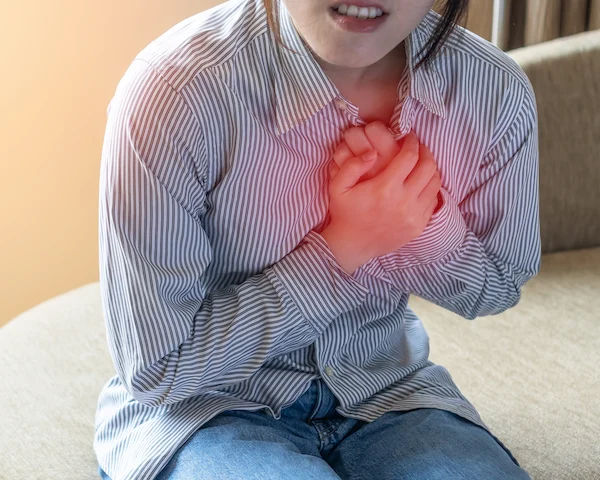- male
- 50 Years
- 29/01/2025
I'm really worried about my dad. He's 50 and has been dealing with some health issues for the last ten days. He fainted last Saturday and his blood pressure dropped to 9363, with a fever of 102F. Our regular doctor gave him paracetamol, but then the same thing happened again on Sunday. We rushed him to another doctor who found moderate pericardial effusion and admitted him to the ICUU. They ended up putting in a temporary pacemaker because his pulse rate was falling below 50 bpm. It seemed to help, but then after they removed the pacemaker, his atrial fibrillation was varying quite a bit. The doctor adjusted his medication, and now the AF is still shifting between 110 and 130. They mentioned something about fluid dissolving, but I'm not sure what the next steps should be. Any advice on how we should proceed?
Answered by 1 Apollo Doctors
It sounds like your father has been through a lot with the pericardial effusion and subsequent atrial fibrillation. It's good to hear that 90% of the fluid has been dissolved. To continue managing the atrial fibrillation, the doctor may prescribe medications such as Metoprolol (25-50mg twice daily) to help control the heart rate. Additionally, blood thinners like Warfarin (2.5-5mg once daily) may be prescribed to prevent blood clots. It's important to monitor his heart rate and rhythm regularly and follow up with the doctor for further evaluation and management.
Dr. Ibrahim Suggests...
Consult a Cardiologist
Answered 04/07/2025
0
0

More Cardiology Health Queries
View allI had a heart attack from smoking back in March 2017 and found out my left main artery was 100% blocked. I'm on meds like Roustor, GoldPlanep, and Skelexon now. Is it possible for medication to completely reverse the blockage? How can I find out if it's really reversed?
Continue all the medications..
Answered by 1 Apollo Doctors
I'm a little worried about my mom. She's been taking 3mg of warfarin, but her PTINR test just showed 1.27. Since she has heart issues, should we think about upping her dose to 5mg?
An INR of 1.27 indicates that the patient's blood is not clotting as well as it should be on the current dose of warfarin. For a heart patient, the target INR range is usually higher. In this case, it would be advisable to increase the dose of warfarin. I recommend increasing the dose to 4mg and then rechecking the INR in a week to see if it falls within the target range. Regular monitoring and adjustment of the warfarin dose is important to ensure the patient's blood is clotting within the desired range.
Answered by 1 Apollo Doctors
I'm wondering if having sex about 12 hours before a fasting blood test for a lipid profile could affect the results. Could you shed some light on this?
-Hello, Having sex 12 hours before a fasting blood test, including a lipid profile, is unlikely to significantly affect the results. However, it's important to follow the fasting instructions carefully, as eating or drinking can impact lipid levels. If
Answered by 1 Apollo Doctors
Disclaimer: Answers on Apollo 247 are not intended to replace your doctor advice. Always seek help of a professional doctor in case of an medical emergency or ailment.
_0.webp)


